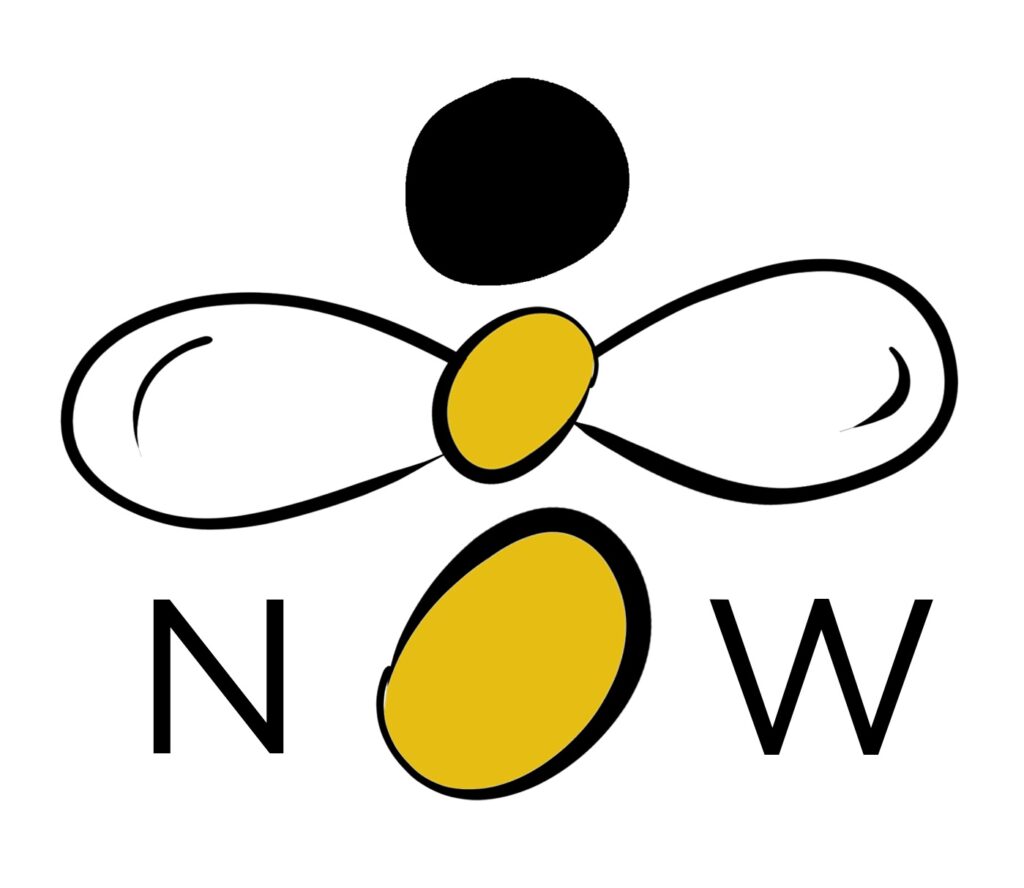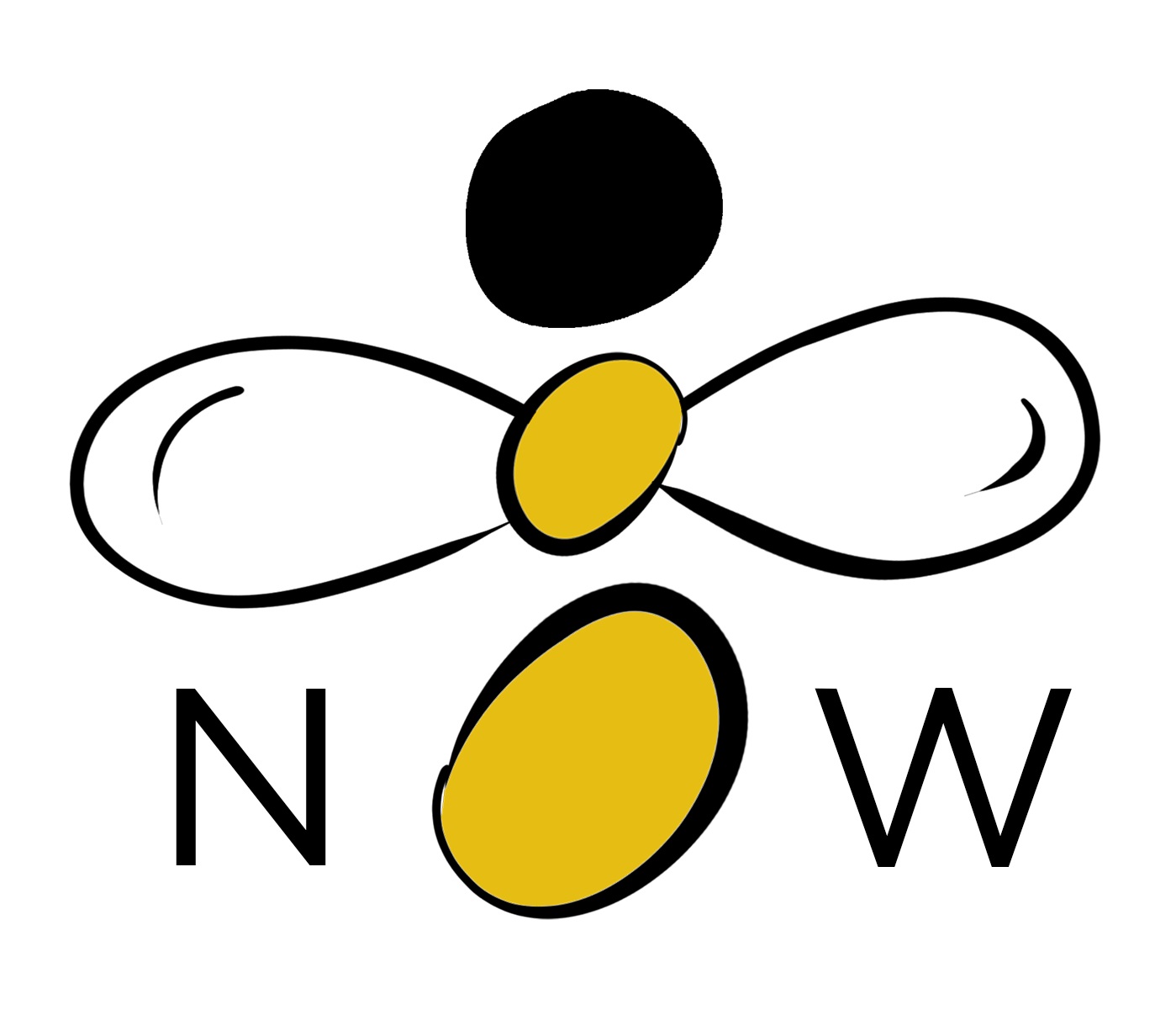
Listening is the fastest way to build trust and facilitate the development of employees. many companies struggle with this and most people I talk with say to me that leaders don’t care to listen, in China at least.
A friend who works at an AI company told me that his leaders see people as a tool to achieve their own goals. He said it’s a world problem and it’s just human nature.
I agreed that leadership is a global challenge but human nature is about adaptation. Survival mode and self-protection are valid forms of adaptation when we don’t feel safe. When self-worth is cemented to outcomes, a person can get stuck in the rapids of a survival state all their life.
But when safety is fostered as an ongoing stretegic choice, that adaptation can lead people and business to thrive. “We thrive in connection,” said the director of inclusion and accessibility in a global company.
There are many examples of industry leaders who seized the opportunity to be human-centric and let EQ competencies elevate their people and business.
I love the example of Eileen Fisher, who leads her company with an “I don’t know” mentality. Using the wisdom of uncertainty, she is able to listen and ask questions, allowing people to speak up, be open about their mistakes and learnings, and contribute their expertise.
There are also tragic examples like the explosion of Boeing airplanes and the Columbia space shuttle that resulted from unheard voices. in these cases, the fear of speaking up created blindspots and ultimately enormous failures.
Organizational behavior is shaped by how we show up and ask questions. So what does listening mean to you? how are soft skills like EQ prioritized and practiced in your organization?
